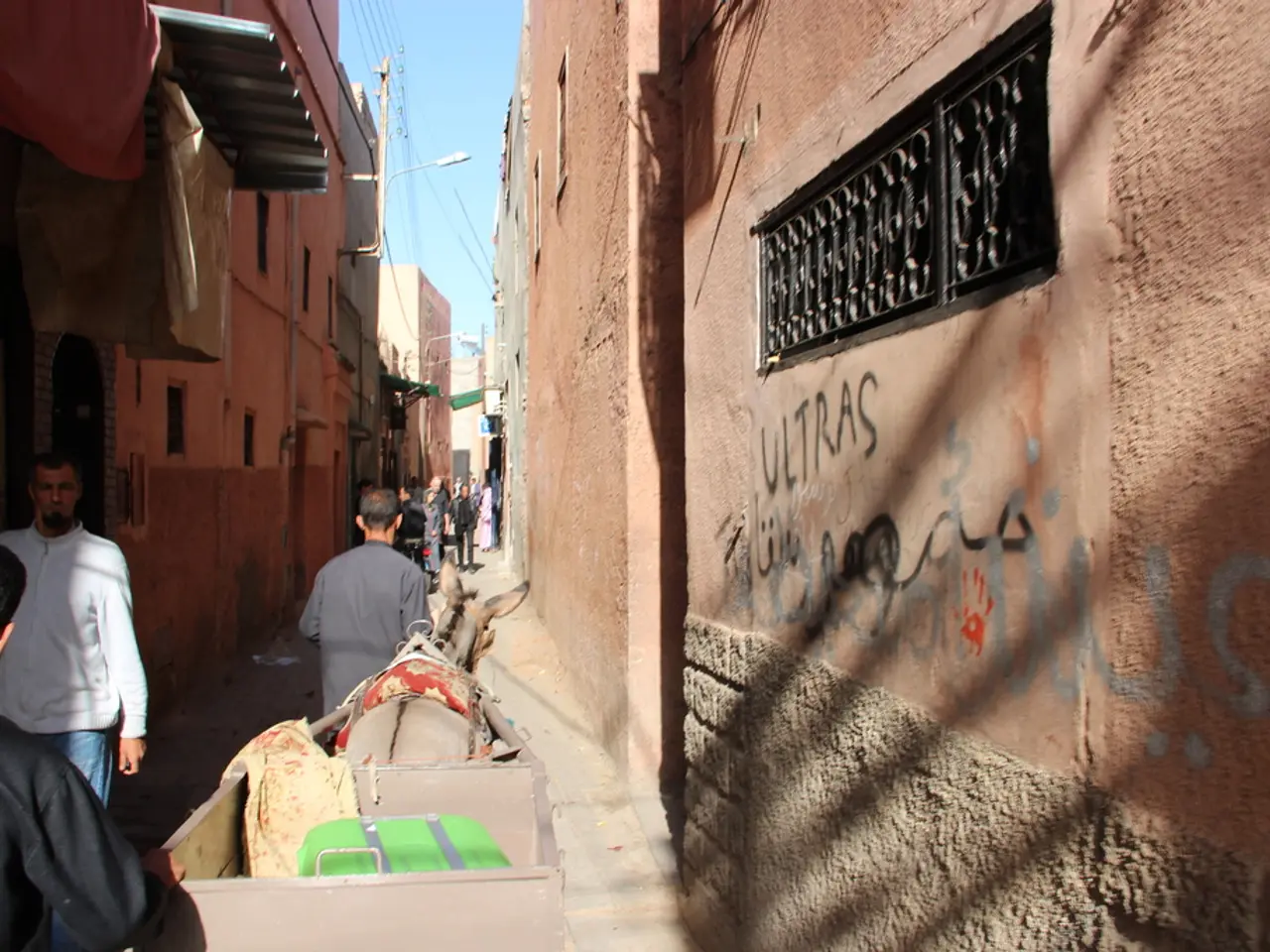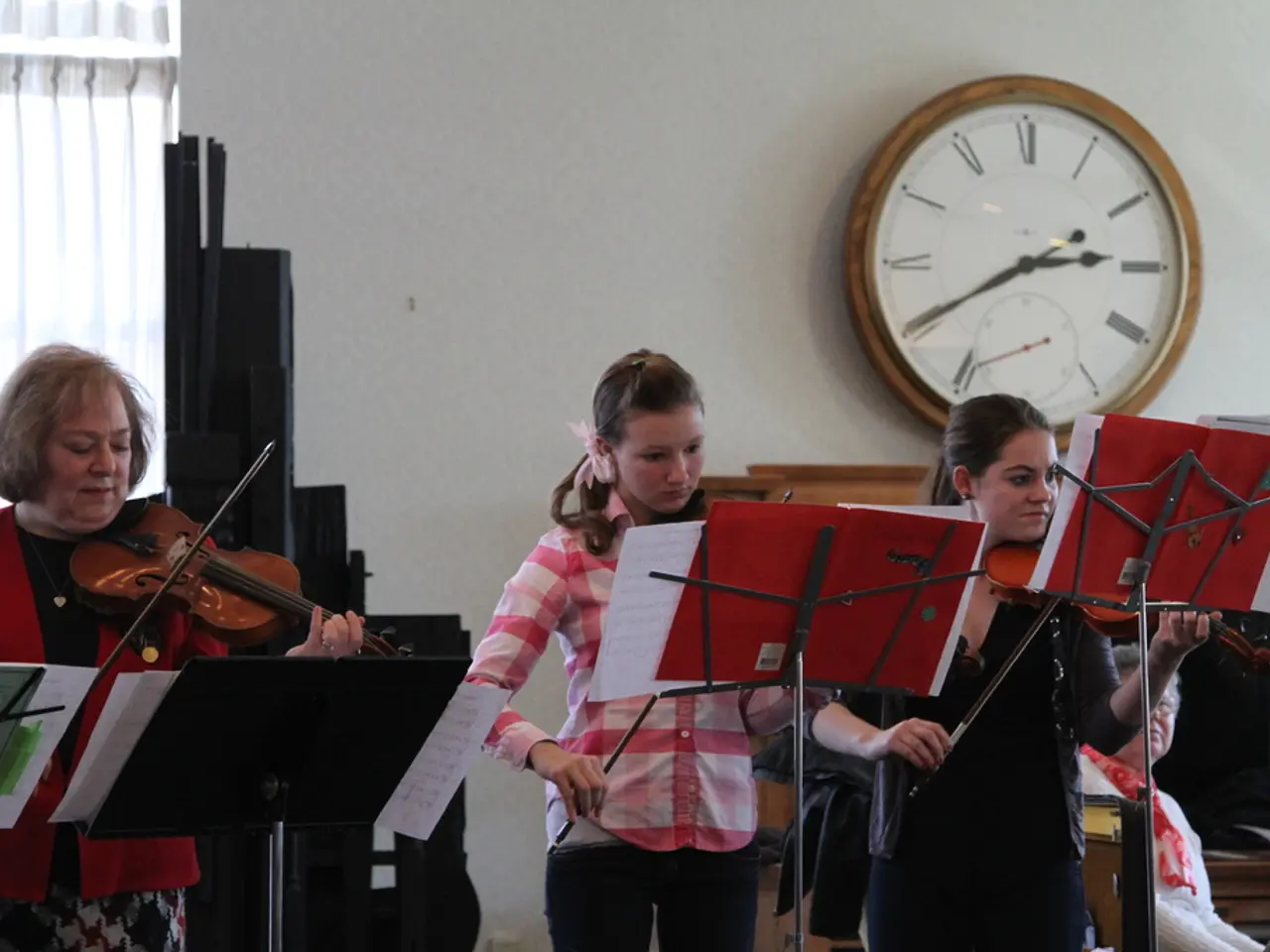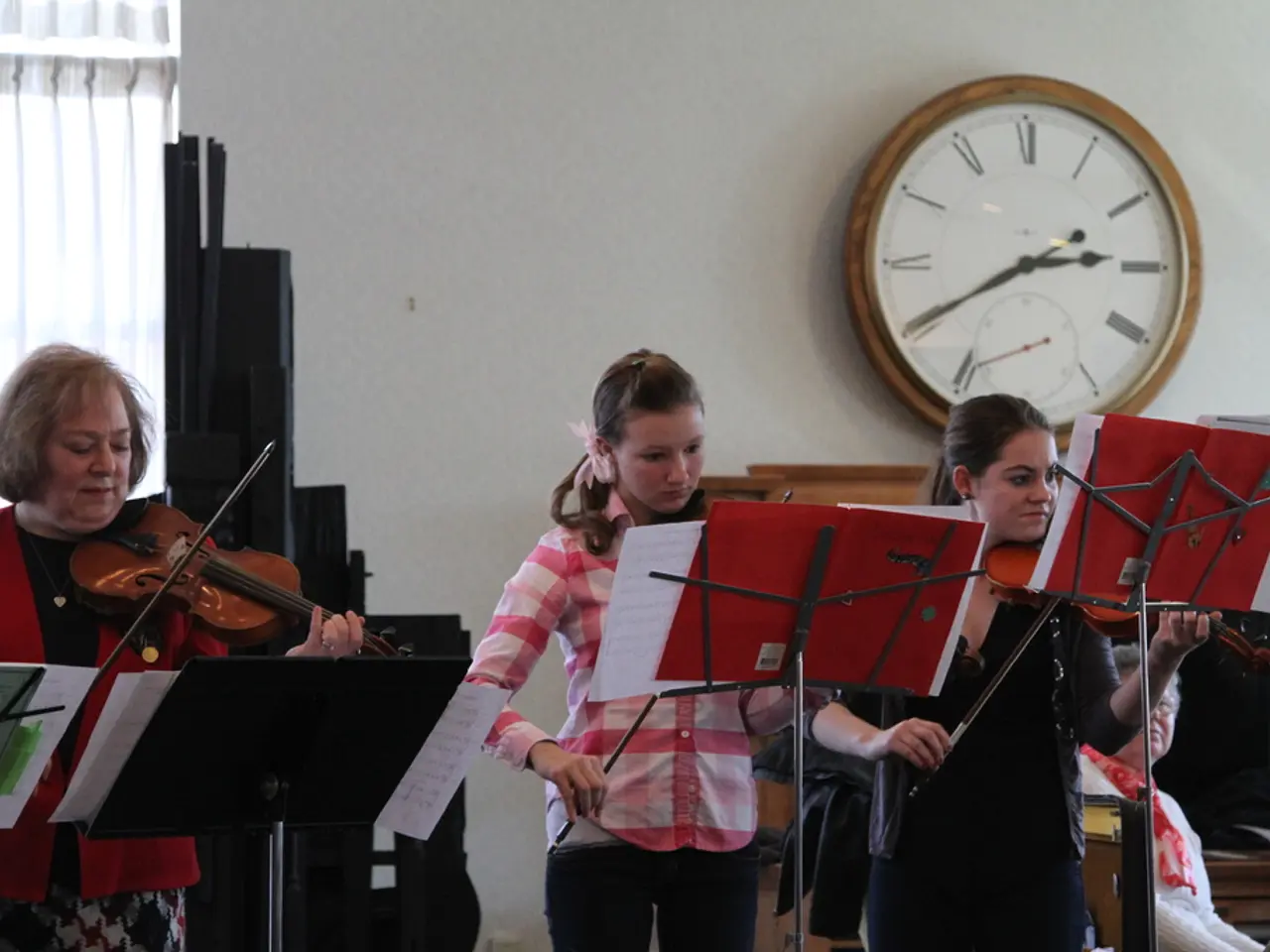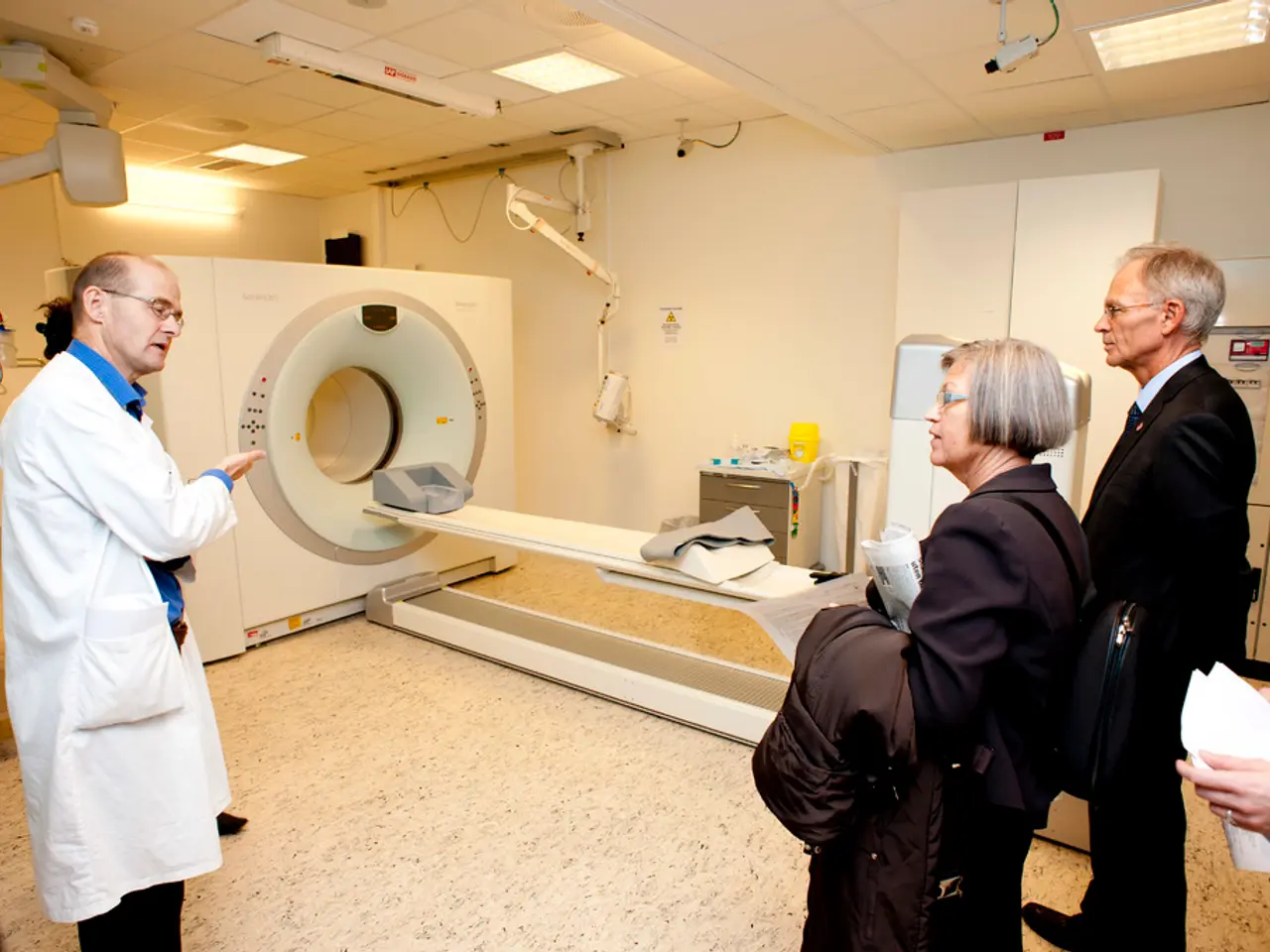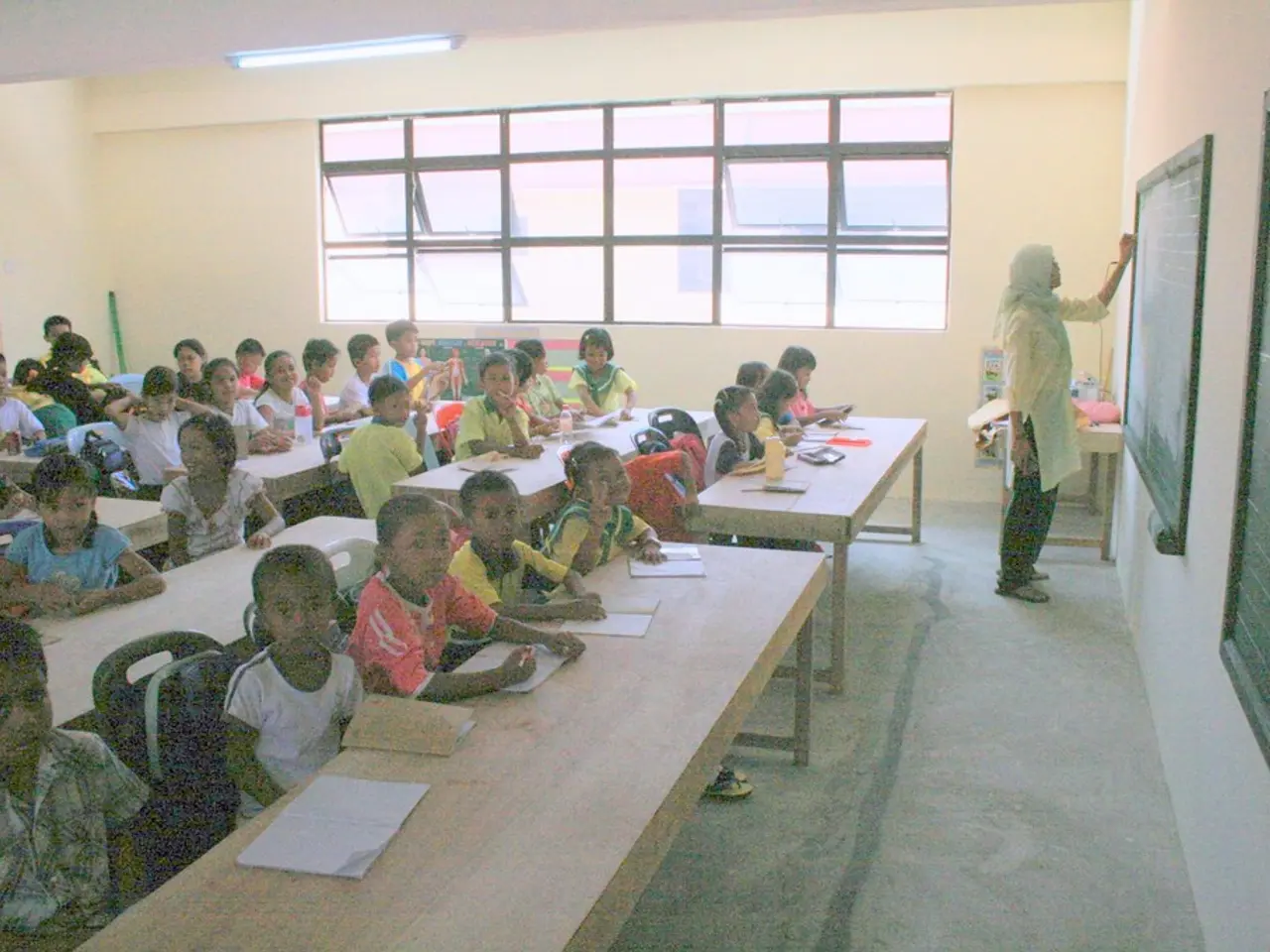Enhancing Sense of Belonging - Key Findings from Studies
In Aotearoa New Zealand, a significant project led by Professor Linda Mitchell is working towards strengthening belonging for immigrant and refugee children and their families. The project, ongoing for the past two years, is aimed at fostering a sense of belonging that is crucial for self-esteem and societal participation.
The initiative, which has been supported by the Teaching and Learning Research Initiative Fund from government funding, managed by the New Zealand Council for Education Research, and the Marsden Fund Council from government funding, managed by Royal Society Te Apārangi, is a collaborative effort with educators from various early childhood centres, including Crawshaw Kindergarten, Christine McKean, Hillcrest Kindergarten, Iqra Educare, and Pakurawa Baptist Kindergarten, among others.
The Waikato Kindergarten Association is also part of this project, which places a strong emphasis on the cultural knowledge and understanding that refugee and immigrant families bring to early childhood centres. This approach is intended to create a more inclusive and diverse learning environment that respects and values the unique backgrounds of each child and family.
The project's focus on immigrant and refugee families is particularly important, as these families need to establish a strong sense of belonging in their new country while maintaining connections to their homeland. The project aims to achieve this by promoting bicultural belonging and fostering a sense of connection to homelands.
So far, the project has produced a package of professional resources and tools for use in multicultural early childhood education settings. However, for more specific resources and project outcomes from Professor Linda Mitchell's work, it is recommended to refer to academic publications, research institution websites in New Zealand, or to contact Professor Mitchell directly.
The project is not about integration but a two-way process, emphasising the importance of cultural exchange and mutual understanding. This approach is expected to lead to positive impacts on children's social, emotional, and learning outcomes, as well as increased family engagement.
The project's results, once published, will undoubtedly contribute valuable insights to the field of early childhood education, helping to create more inclusive and supportive environments for immigrant and refugee families in Aotearoa New Zealand.
The project, through its focus on lifestyle and education-and-self-development, aims to create a more inclusive and diverse social media presence for early childhood centres, promoting bicultural belonging and a sense of connection to homelands. Additionally, the entertainment value of these resources is intended to engage families, foster mutual understanding, and positively impact children's social, emotional, and learning outcomes.
